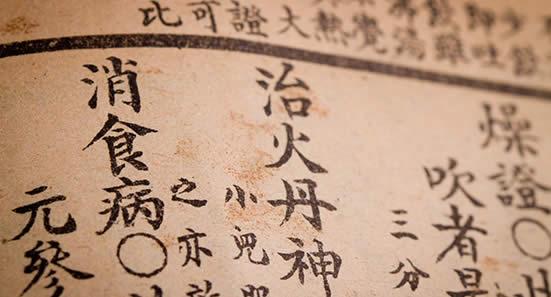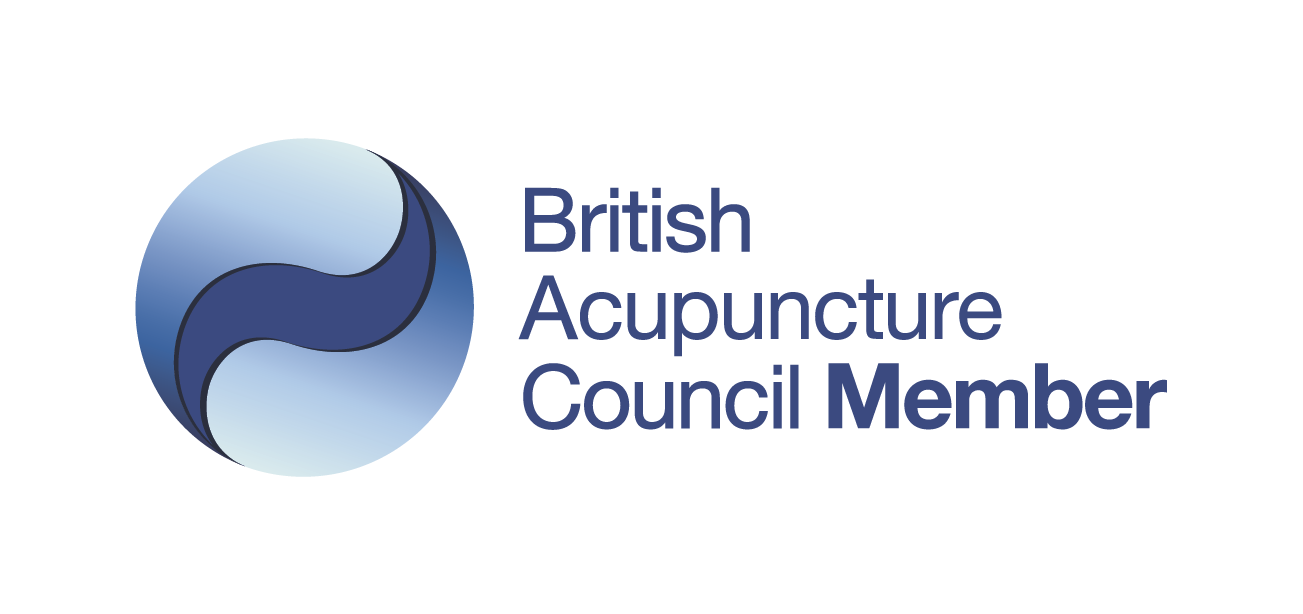
How Does Acupuncture Work?

An Acupuncturist uses Chinese Medical theory to gain insight into a person’s current state of health and how they got there. They then treat the person to restore balance and hence health. Acupuncturists use various methods of treatment, most well known is the insertion of very fine Acupuncture needles but other forms of treatment can also be used such as Tui Na (Chinese therapeutic massage) Guasha, Cupping & Moxa.
Why Does this Approach Work?
The human body is a massively complex interaction of systems ( blood, fluids, lymph, muscles, organs, hormonal, nervous etc.) From this complex interaction stems all health and illness, our strengths and weaknesses and the full range of emotional and intellectual experience included in human consciousness.
Our bodies are constantly working to maintain a balance in response to things like climate, diet, stress and pathogens etc but don’t always manage it. Things can get stuck in an unhelpful state or the body’s systems can become depleted in response to these life pressures.
Acupuncture works by stimulating the body’s natural ability to correct these imbalances; giving the body the impetus it needs to get out of unhelpful patterns and back to health. The goal in treating you is always to achieve a lasting and deep rooted change in your health and well-being, Acupuncture can achieve these wide ranging, and lasting benefits because its effectiveness is rooted in stimulating the body’s own ability to rebalance.
Uniquely amongst systems of medicine, Chinese medicine provides an integrated understanding of how imbalances occur in all aspects of our bodymind. As a consequence Acupuncture and related treatments are able to influence all aspects of a person from the physical through to the mental & emotional simultaneously.
The result for us as people is improved health, more energy and greater vitality in life as well as deeper peace and emotional wellbeing.
Can Science Explain How Acupuncture Works
There is continuing research into Acupuncture and into how it works, this research is still in its early days but research has already demonstrated that Acupuncture affects numerous neuro-transmitters (signalling chemicals in the body that are key components in the functioning of our brain and nervous system) as well as activity in many aspects of the functioning of the brain. It also affects the activity of sensory nerves.
One criticism of Acupuncture by skeptics, is that Acupuncturists report being able to treat a very wide range of conditions in widely differing bodily systems but that there is no biologically plausible mechanism to explain this. On the surface this seems like quite a good criticism but, in truth, this view partly reflects a lack of understanding of the nature of Acupuncture treatment and partly ignorance of current research.
Stimulating one set of Acupuncture points produces completely different effects to stimulating a different set of Acupuncture points, this is because these are different places in the body and so, naturally, their effect on the body is different. Talking about Acupuncture as a single kind of treatment therefore, is like talking about ‘drugs’ as a single treatment. Each drug is individual and has specific effects. No-one argues that there is no biologically plausible mechanism for drugs working on different aspects of the body because people understand that different drugs are different and so affect the body differently. Similarly with Acupuncture, each combination of Acupuncture points is different and affects different areas of the functioning of the body.
On top of this, research has shown that Acupuncture influences the purinergic signalling system. This component of the neurotransmitter system affects all of the different tissue types in the body and so provides a scientifically demonstrated, direct mechanism by which Acupuncture affects many bodily systems.
To see a comparitive literature review summarising the current state of Acupuncture evidence as of 2017 visit https://www.acupuncture.org.au/resources/publications/the-acupuncture-evidence-project-a-comparative-literature-review-2017/
For professionally produced summaries of scientific evidence relating to Acupuncture for specific clinical areas visit www.evidencebasedacupuncture.org









